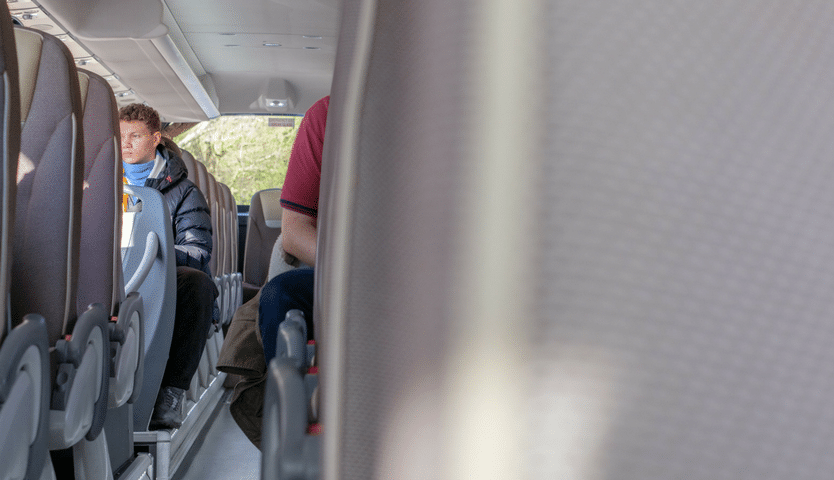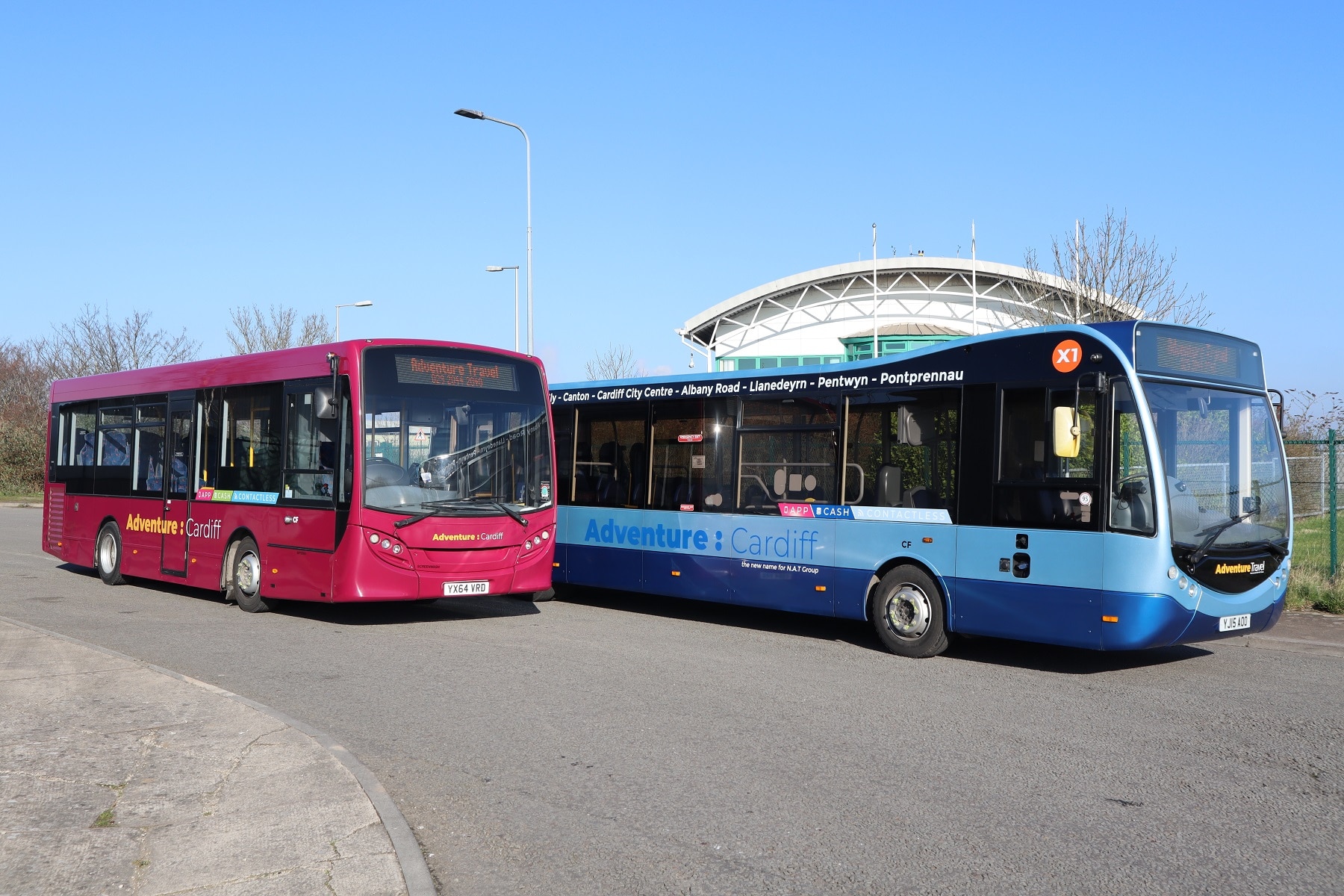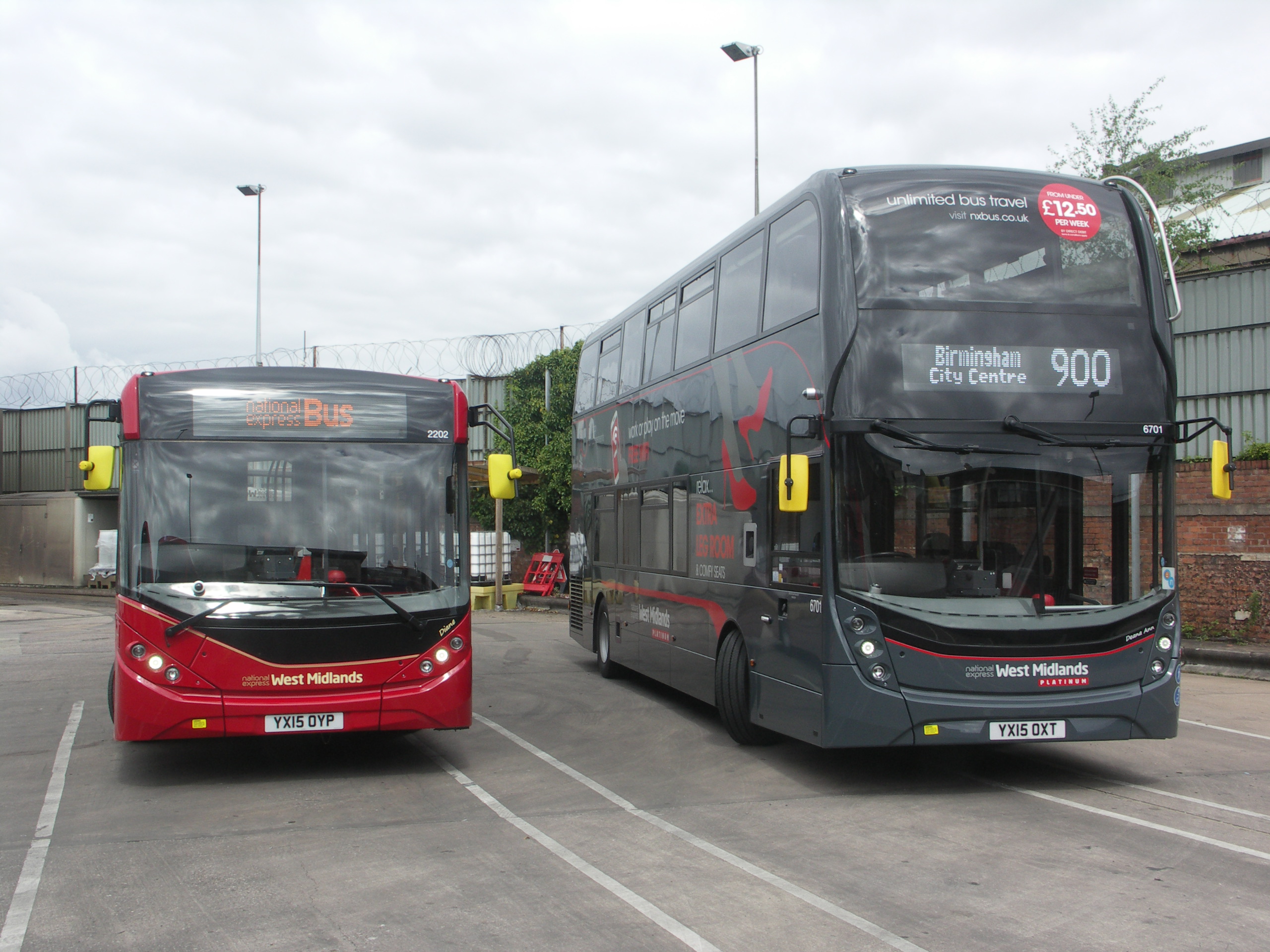For almost 30 years Mistral Asset Finance has served coach and bus operators in vehicle purchases across the UK. With its intimate knowledge of the industry and its operator partners’ unique situations, it has shown dedication and flexibility in helping them through the effects of COVID-19
As a relatively small business that operates exclusively in the coach and bus space, Mistral knows better than most the variety of circumstances faced by operators as the weeks of the UK coronavirus COVID-19 lockdown drag on.
The logical conclusion, made by Group Managing Director Steve Low, is that lasting changes will come – but remains optimistic that will be good change should the right decisions be made.
Mistral: Working with operators
The extremes of a bus fleet operator with income support from local authority measures and central government versus a coach operator reliant on incoming tourist work and subcontracting work has necessitated dealings with each operator on a case-by-case basis over a three-month period.
Many tricky conversations have ensued as each faces a drop in patronage as a result of the virus, and the unique set of problems that has spawned. While Mistral deals with larger groups, the reality of seeing small operators at risk of losing everything, their whole lives invested both in monetary and emotional terms, has been a difficult reality to face.
“You can’t apply a one size fits all approach,” Steve explains. “We work with operators about what they feel they can afford from an income perspective, and we’ve had some quite detailed conversations to structure a facility that works for them and works for us.”

Not all have chosen to pursue payment holidays in response to a collapse in revenue – some have sufficient capital in the business, or income through various means, to continue payment in full. Others are not in such a strong position and Mistral has agreed forbearance with those in order to move onto reduced payment during income difficulties.
“We will then have to come back to them and over whatever period of time, whether that is over the period of the contract, and determine if they can afford to pay it back over the balance of the existing terms – we are asking how operators feel their cash flow is going to look in order to pay back the arrangement.”
Mistral’s operator partners have thus far been pragmatic. From their perspective, repayment sooner is better. By having debt sitting in the business, Steve explains one risk being that it limits the ability to trade out a vehicle further down the line. “A number of operators have told us it’s going to be a struggle but would prefer to carry on paying for as long as they can – just because it keeps the arrangement straight in their minds and in their books.”
Mistral has restructured much of its back-end systems to accommodate the process. “We’ve tried to make it as streamlined an approach as we can,” Steve adds. “Those changes to the agreements make sure we can collect properly.” Mistral’s dealings with larger banks have revealed that turning around finance systems has been a problem that continues along the chain.

A safer future for public transport
Mistral acknowledges that the coach industry is a specific part of the wider hospitality and leisure industry within the UK, and has proven particularly vulnerable during the coronavirus COVID-19 pandemic. While specific support has been offered to the bus industry, Steve believes the voice of coaches has been lost without large PLCs to shout its case. To that end Mistral will continue to support the Confederation of Passenger Transport’s position to grow a collective focus and gain specific support.
Until such support arrives, Mistral’s thinking on how best to secure safer coach transport in future has been evolving rapidly. Once firm in the belief seats would have to be demarcated in order to enforce social distancing, new guidance and images from public transport across London are beginning to show the potential impracticalities of such a policy. “There does seem to be a general acceptance as far as I can tell that social distancing on some vehicles is near impossible to maintain,” he says.
Low passenger numbers mean social distancing is achievable now, however, capacity for that policy could be limited as more people return to work. “We’ll certainly do everything we can to support our operators if they wish to run duplicate services and put any social distancing measures in place,” Steve adds. However, conscious of modifying a vehicle around union and manufacturer arrangements, he recognises it may be a slow process, once again proving there is no ‘one size fits all’ arrangement Mistral can adopt.

Some operators have already inquired into taking extra vehicles into fleets to accommodate social distancing, while others have refinanced vehicles to ease the burden of large cash deposits tied into them. A delivery of three coaches to the Scottish National Blood Transfusion Service evidences the former. Other orders have been temporarily suspended, with deliveries due once local authority payments are confirmed. New vehicle deliveries are of course hampered by a wider shutdown of manufacturing facilities.
Another area in which Mistral has been proactive has been in driver protection. On its stock Alexander Dennis Enviro200 models, it is able to fit protective screens, with the only major challenge being the sourcing of in-demand materials.
Conflicting pressures
Widely acknowledged by the industry is the challenge of encouraging users back to public transport as the pressure builds to return to work and normality. The optics of reassuring passengers and customers is at the top of Mistral’s list. “Travelling on somebody else’s vehicle requires the user to feel safe,” Steve explains. The more operators can do to get that view across to the passengers, the more reassured they will be – and the more hopeful Steve is that they will return to public transport.
Therein lies the last, and biggest, challenge, according to Steve – not assisted by a particularly unhelpful announcement in Prime Minister Boris Johnson’s 10 May statement. “From an industry perspective, we’re trying to move towards a situation where we are helping in the longer-term climate change conversation,” Steve says. “Having a situation where commuters are actively encouraged to shun public transport and use cars might be the right message today, but once you get people into that mentality it’s difficult to change them back.
“As an industry we need to be shouting that we’re part of the solution. Don’t lose focus on that. Lockdown will end some day and we will be left with a lot of people used to using their cars to drive into city centres, along with the accompanying congestion and emissions.”

Part of a movement
Steve warns that it is incumbent on operators to make their voice heard against a background of societal changes. More people working from home, a spike in online shopping and a shift away from public transport are structural changes that could have lasting effects on the practicalities of coach and bus operations. How much of those changes will stay remains to be seen.
Now is the time to ensure announcements from central government earlier in the year do not go to waste, Steve believes, “We have a massive opportunity in terms of funding for electric vehicles, greener travel and supporting clean air zones. That’s the wider challenge that I see, and something we cannot afford to take our eye from. We need to modify our transport behaviour.”
To that end, Steve recommends operators harness schemes with local authority planners and wider government initiatives.
In the meantime, Mistral will continue to help where it can. It is lucky in that it understands the industry and its people. It has built long relationships with its customers and a level of trust.
“Hopefully operators trust us to work them to help them through this,” Steve says. “And we trust they will come out of the other side and equally support us in the future.”



























